Podcast

How to Increase Libido After Menopause Naturall...
Listen on YouTube | Spotify | Apple Key Topics 0:00: Introduction and cost of silence on sexual health 4:30: Welcoming Gabriella Espinosa, menopause advocate 8:45: Gabriella's perimenopause libido crash story...

How to Increase Oxytocin levels + Why You Need ...
Key Topics 0:00 - Introduction to oxytocin as the empowering hormone of love, connection, and health 5:00 - Oxytocin's role in longevity, immune support, pain relief, and bonding 15:00 -...

Why You Probably Need to Drink Less | Dr. Brook...
Watch this episode on: Apple | YouTube | Spotify Key Topics 0:00 - Introduction to Alcohol Myths: Debunking the "glass of red wine a day" health claim. 5:30 - Midlife Drinking Challenges: Why hormonal shifts...

What really controls your hormones | Jack Kruse
Watch this episode on: Apple | YouTube | Spotify Key Topics 0:00 - Introduction to Dr. Jack Cruz and his work in quantum, circadian, and evolutionary biology 5:00 - The vital role of morning sunlight...

How to Boost Fertility Naturally
Watch this episode on: Apple | YouTube | Spotify Key Topics with Timestamps 00:00 - Introduction and Welcome 02:30 - Dr. Anne Shippy's Background 05:45 - Health Journey and Transition...

Can Trauma Cause Physical Pain?
Key Topics and Timestamps 00:01 - Introduction and Welcoming Dr. Shiroko Sokich 02:26 - Dr. Shiroko's Journey from Surgery to Eastern Medicine 04:48 - Understanding Acupuncture and Energy Pathways 07:07...

The Truth About Osteoporosis and Osteopenia
Key Topics & Timestamps 0:00 Introduction to bone health and Kevin Ellis, the Bone Coach 4:00 Understanding osteopenia and osteoporosis diagnoses 8:00 Bone quality vs bone density: What matters more?...
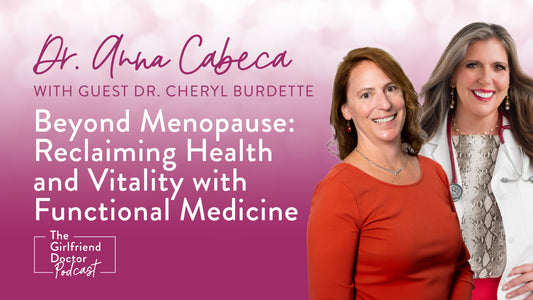
Beyond Menopause: Reclaiming Health and Vitalit...
Key Topics & Time Stamps 0:00 Introduction & welcome 6:00 Common patient experiences around menopause 12:00 Failure of traditional medical approaches 18:00 Hormone testing challenges & advances 28:00 Importance of...
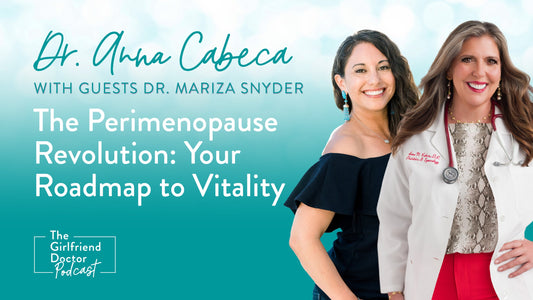
The Perimenopause Revolution: Your Roadmap to V...
Key Topics & Time Stamps 0:00 — Introduction & Why Perimenopause Matters 8:30 — Common Symptoms & Misconceptions 15:00 — Hormonal Changes Driving Weight Gain & Mood Swings 23:45 —...
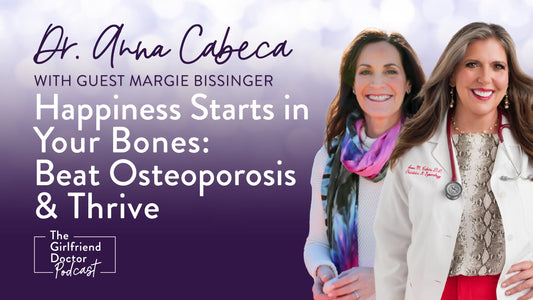
Happiness Starts in Your Bones: Beat Osteoporos...
Key topics and timestamps 00:00 – Why happiness and bone health belong together 03:10 – Bone quality vs. density: beyond a DEXA number (TBS explained) 07:25 – Labs that matter:...
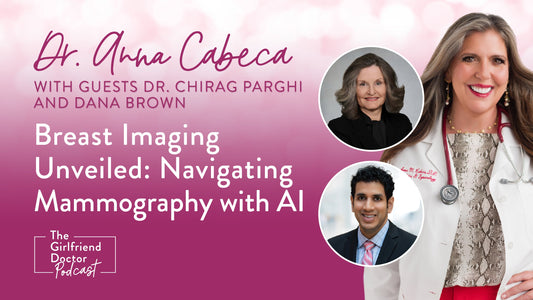
Breast Imaging Unveiled: Navigating Mammography...
Key Topics Discussed in This Episode: 00:00-10:00 - Introduction to breast imaging concerns and mammography basics 10:00-20:00 - Dense breast tissue challenges and implications 20:00-30:00 - Traditional mammography vs. modern...
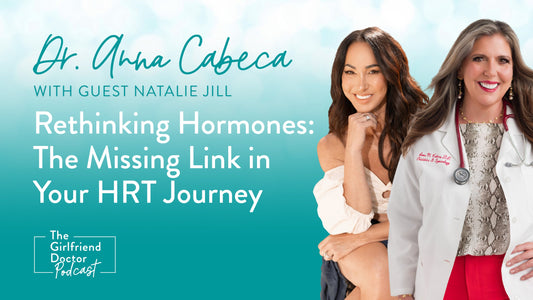
Rethinking Hormones: The Missing Link in Your H...
Key Topics Discussed in This Episode: 00:00-05:00 - Introduction: The HRT controversy and individualized approach 05:00-15:00 - Cancer risks: synthetic vs. bioidentical hormones discussion 15:00-25:00 - Case study: 47-year-old breast...